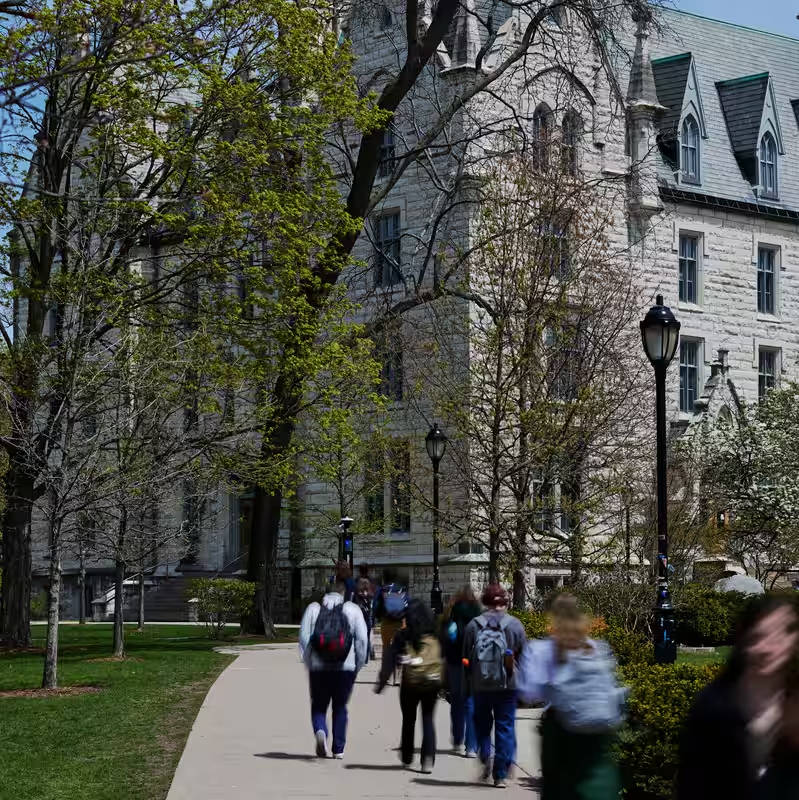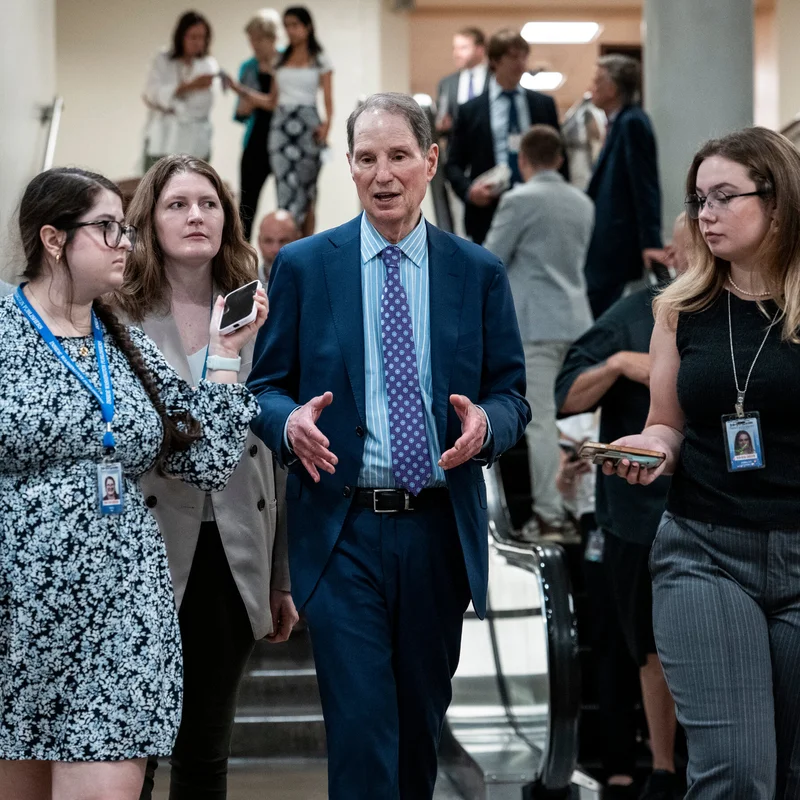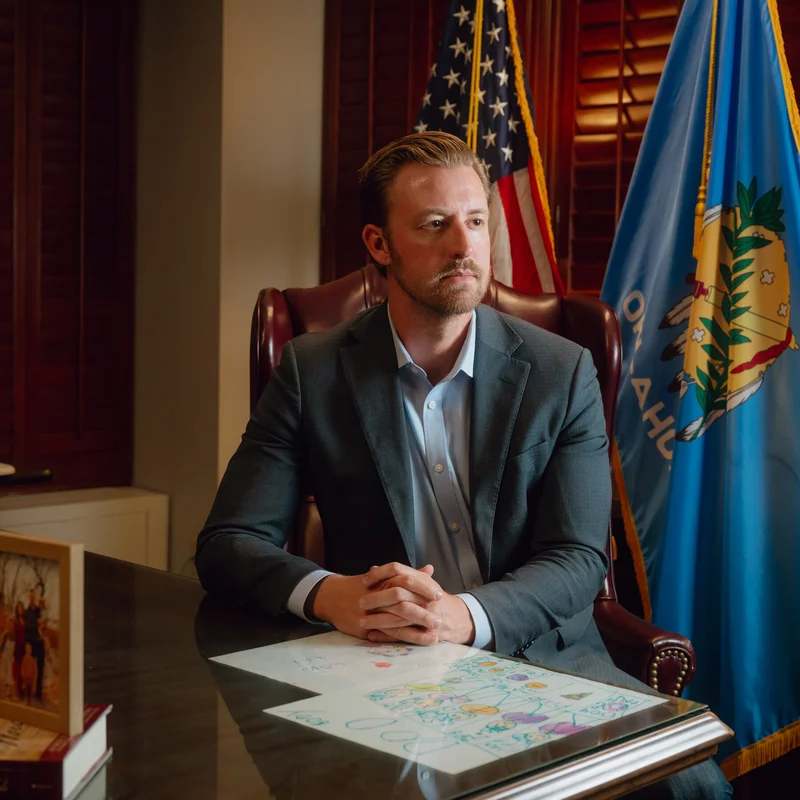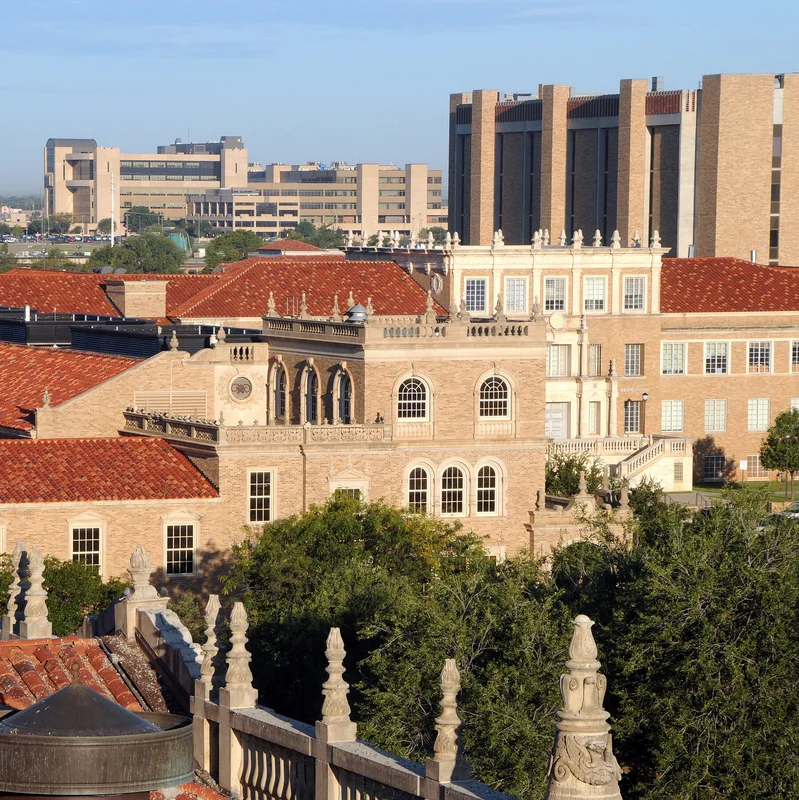Table of Contents
- New Rule Raises Alarm for Borrowers
- What Is Public Service Loan Forgiveness?
- “Illegal Activities” Clause Sparks Confusion
- Who Could Be Affected?
- Legal and Political Backlash
- What Borrowers Should Do Now
- Sources
Trump-Era Rule Threatens Public Service Loan Forgiveness
A little-noticed regulation from the final months of the Trump administration is now casting a long shadow over thousands of public servants counting on student loan relief. The rule—quietly finalized in late 2020 but only now being enforced—could disqualify workers whose employers are deemed to be engaged in “illegal activities” from the Public Service Loan Forgiveness (PSLF) program.
While the language sounds straightforward, advocates warn it’s dangerously vague and could be weaponized to exclude workers at nonprofits, local governments, or even public schools based on politically charged interpretations of legality.
What Is Public Service Loan Forgiveness?
Created in 2007, the Public Service Loan Forgiveness program promises to cancel the remaining federal student debt for borrowers who work full-time for qualifying public service employers and make 120 qualifying monthly payments. Teachers, nurses, firefighters, government employees, and nonprofit staff have long relied on PSLF as a path out of crushing debt.
But under the Trump-era rule, even a single allegation—or a disputed regulatory violation—could be enough to retroactively disqualify an employer, jeopardizing years of payments made in good faith.
“Illegal Activities” Clause Sparks Confusion
The Department of Education’s rule states that an employer “engaged in illegal activities” is not eligible to certify PSLF employment. However, it provides no clear definition of what constitutes “illegal activities”—leaving room for broad interpretation.
“Is a city that violates a federal environmental rule suddenly ‘illegal’? What about a nonprofit that loses its tax-exempt status over paperwork errors?” asked Maya Lin, policy director at the Student Borrower Protection Center. “This rule opens the door to arbitrary, politically motivated exclusions.”
Worse, borrowers may not learn they’ve been disqualified until they apply for forgiveness—sometimes after a decade of payments.
Who Could Be Affected?
While the Department of Education hasn’t released data on how many borrowers might be impacted, experts estimate tens of thousands could be at risk. Vulnerable groups include:
- Employees of reproductive health clinics in states with restrictive laws
- Workers at immigrant advocacy organizations
- Staff at cannabis-related nonprofits in states where marijuana is legal but federally prohibited
- Local government employees in municipalities cited for minor regulatory infractions
“This isn’t just about technical compliance—it’s about who gets to count as a ‘public servant’ in America,” said Rep. Ayanna Pressley (D-MA), a longtime PSLF advocate.
Legal and Political Backlash
Democratic lawmakers have called for the rule’s immediate repeal. In a recent letter to Education Secretary Linda McMahon, 32 senators warned the policy “undermines the integrity and purpose of PSLF.”
Meanwhile, legal challenges are mounting. A coalition of borrower advocacy groups is preparing a lawsuit arguing the rule violates the Administrative Procedure Act due to its vagueness and lack of public notice.
What Borrowers Should Do Now
If you’re working toward PSLF, experts recommend:
- Submit an Employment Certification Form annually—even if you haven’t hit 120 payments.
- Keep detailed records of your employment and payment history.
- Monitor your employer’s legal standing, especially if it operates in a politically sensitive field.
- Contact the Student Borrower Protection Center if you receive a disqualification notice.
“Don’t wait until year 10 to find out your service doesn’t count,” Lin urged.
Sources
- The New York Times: Trump Rule Could Ban Some Public Servants From Student Loan Forgiveness
- U.S. Department of Education, Public Service Loan Forgiveness Program Guidelines (2020 Final Rule)
- Student Borrower Protection Center Policy Brief, October 2025
- Letter from U.S. Senators to Secretary of Education, October 28, 2025




